The latest technological breakthroughs can sometimes seem to emerge from nameless, faceless companies. But behind every corporate logo are individual people shaping the future. Some are executives, others are programmers or researchers chasing world-changing achievements. Then there are the rule-makers, whose decisions can have far-reaching consequences for the future. The 20 people on this list are the most influential people in the technology world right now, as extensively debated by TIME’s tech team. Who did we miss?
Correction appended Wednesday, March 10
20. Elon Musk
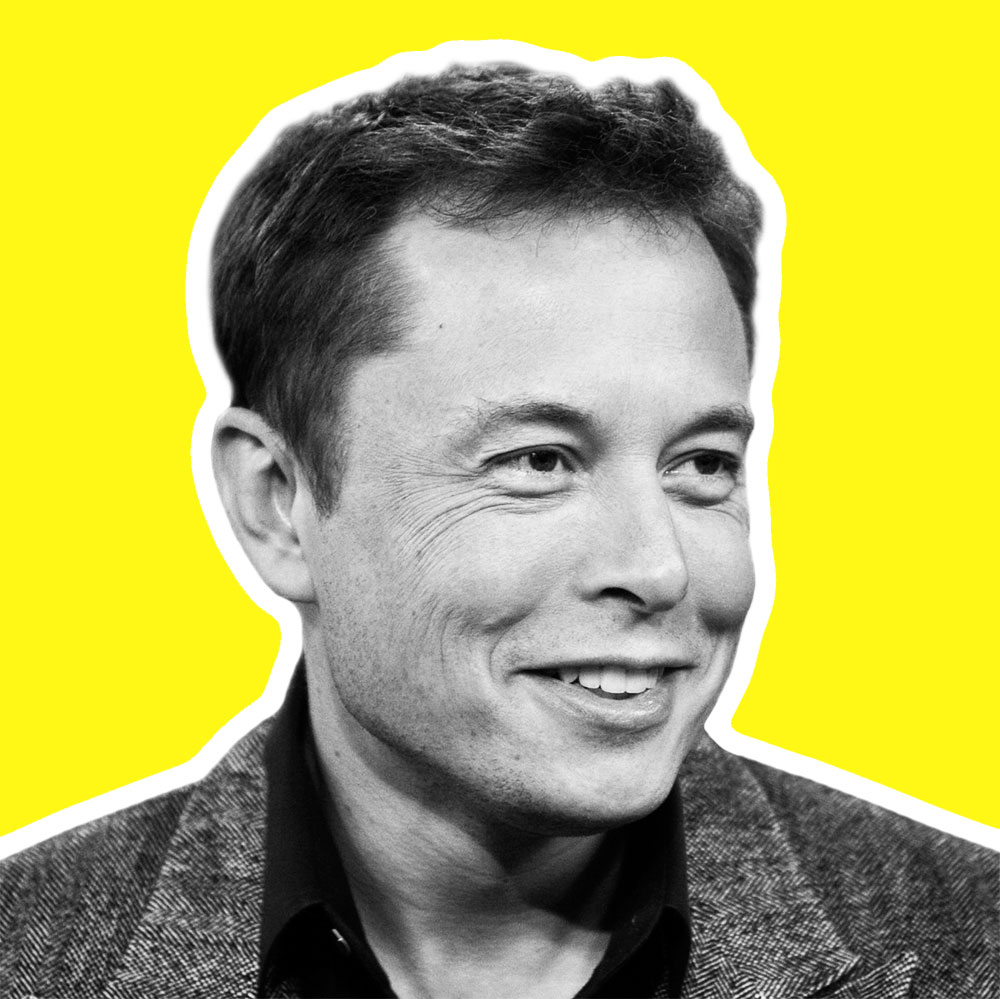
Electric cars. Space rockets. Residential solar power. Any one of Elon Musk’s undertakings could overwhelm the average person, but not the 45-year-old Musk. His seemingly superhuman drive has produced spectacular results: Tesla is now worth over $50 billion, while SpaceX has successfully demonstrated reusable rocket technology. But he expects the same superhuman performance from those around him, making him a tough boss to work for. His latest endeavour? Driven by worry that artificial intelligence will supplant humanity, he’s working on a project to meld people’s brains with powerful computers.
Correction: The original version of this story misstated the size of AWS’s business. It is a more than $14 billion business by run rate, not a $3 billion business, which was its revenue for the first quarter of 2017.
19. Jeff Bezos
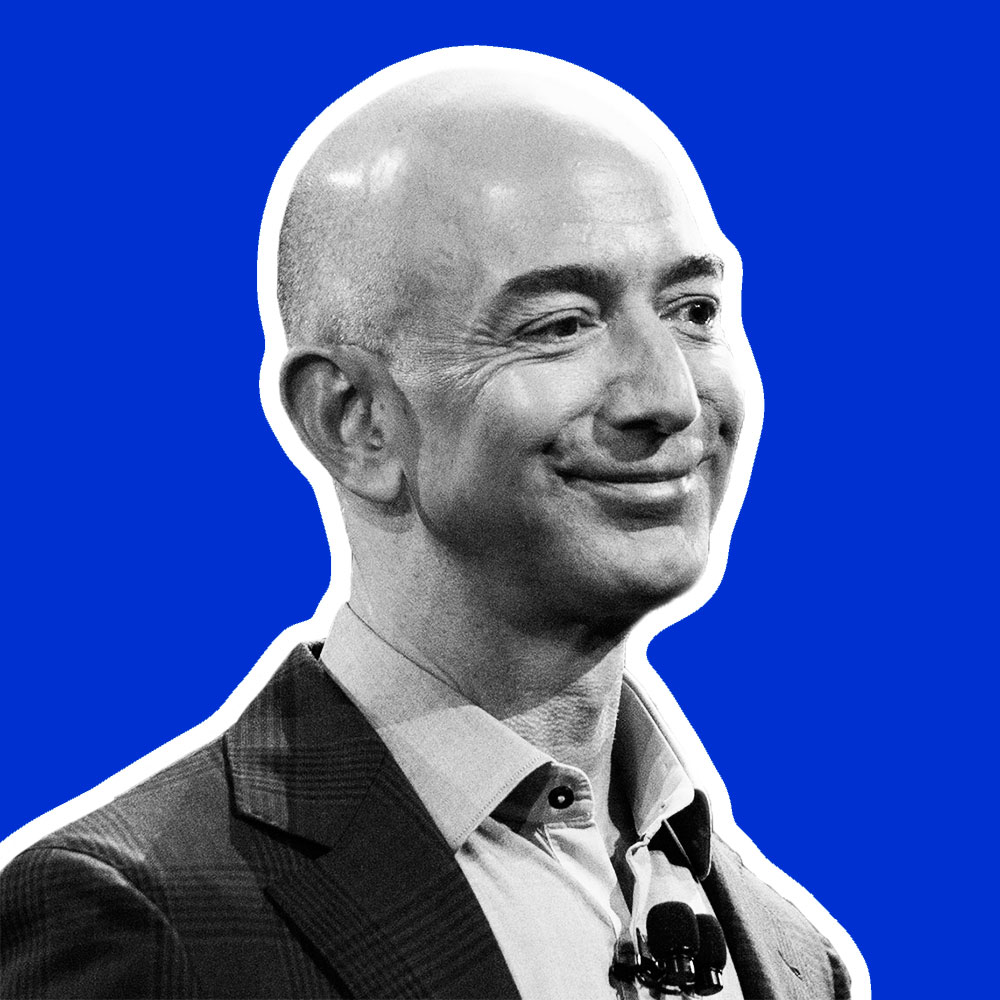
TIME’s 1999 person of the year is even more influential today. Then an upstart looking to bring e-commerce mainstream largely through online book sales, Bezos’ Amazon is remaking the retail industry in its own image. Not content to dominate that business, Amazon is leading the charge in artificial intelligence with its Alexa software, while big tech firms from Netflix to Spotify have come to rely on its Amazon Web Services cloud computing platform. Bezos has made big side bets of his own, founding private spaceflight company Blue Origin and buying The Washington Post in 2013 for $250 million.
18. Mark Zuckerberg
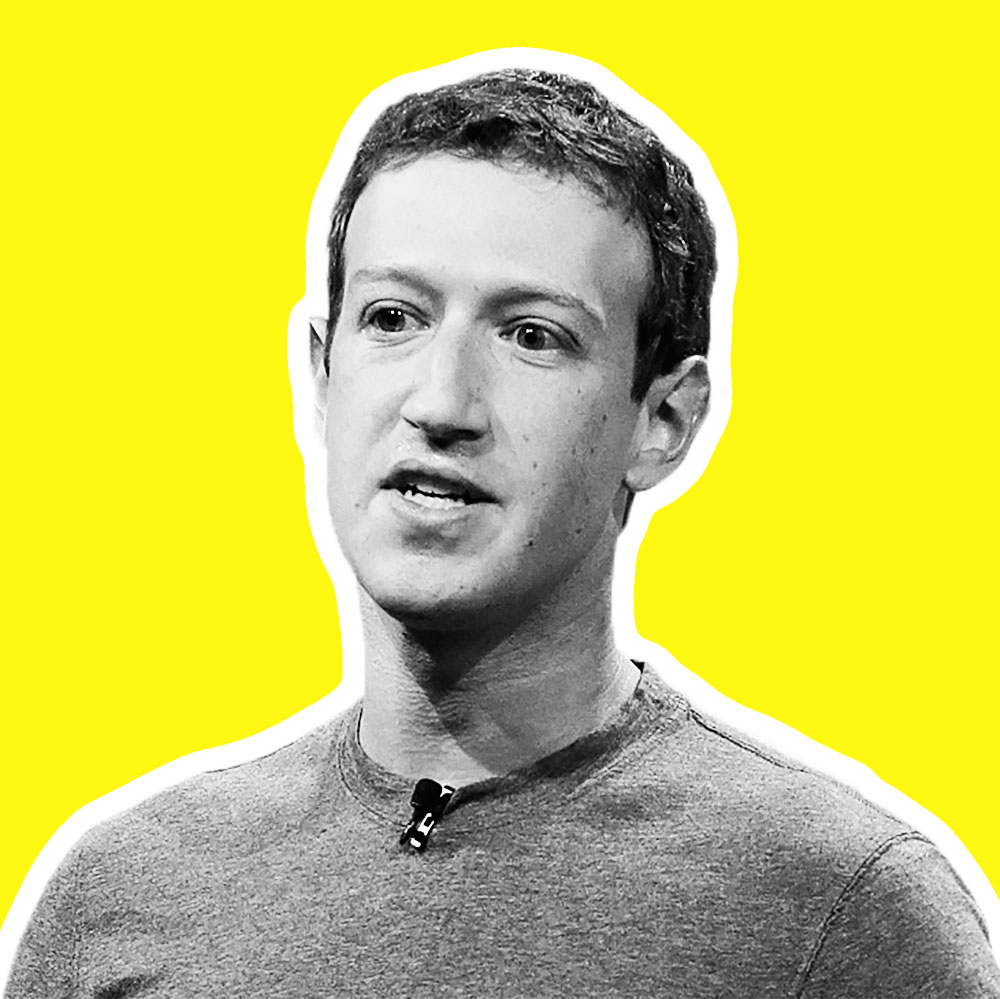
The 32-year-old Facebook CEO took Facebook from campus experiment to a social network of unprecedented scale and size. Not content with Facebook’s nearly 2 billion monthly users, Zuckerberg now says he’s on a mission to connect the whole world. That outlandish goal seems at least a little more possible today than, say, 10 years ago. But he’s facing plenty of challenges along the way. Case in point: The rise of “fake news,” digital misinformation campaigns driven by politics or profit. Given Facebook’s incredible content-spreading power, how Zuckerberg deals with these issues will have tremendous real-world impact across the planet.
17. Tim Cook
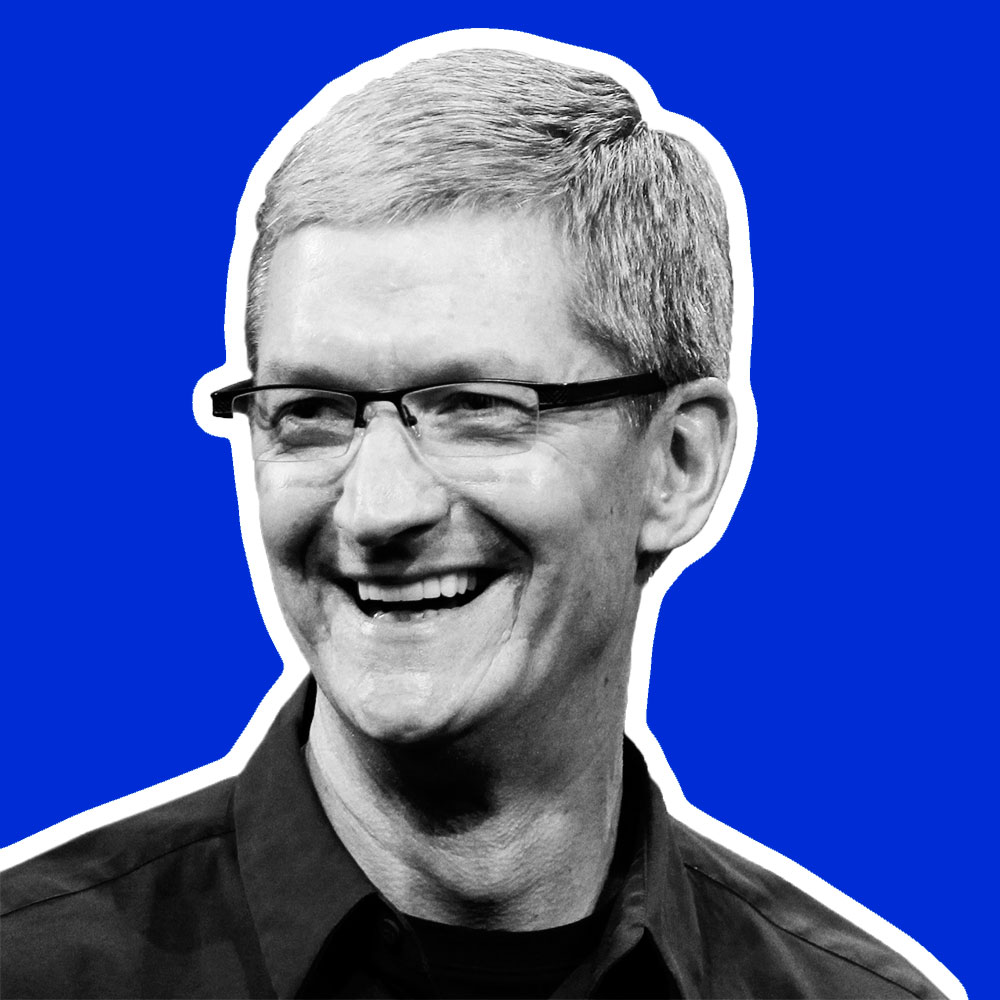
As CEO of Apple, one of the world’s most valuable brands, Tim Cook has nearly unmatched influence over the technology world. Anything Apple does is bound to be copied by a seemingly endless number of rivals, meaning his choices will reverberate far beyond One Infinite Loop. Today, Apple is rumored to be experimenting with everything from advanced artificial intelligence to augmented reality and self-driving vehicles. Given Apple’s role as tastemaker extraordinaire, how Cook decides to move forward with any one of these projects will shape the future of the consumer technology landscape.
16. Sundar Pichai
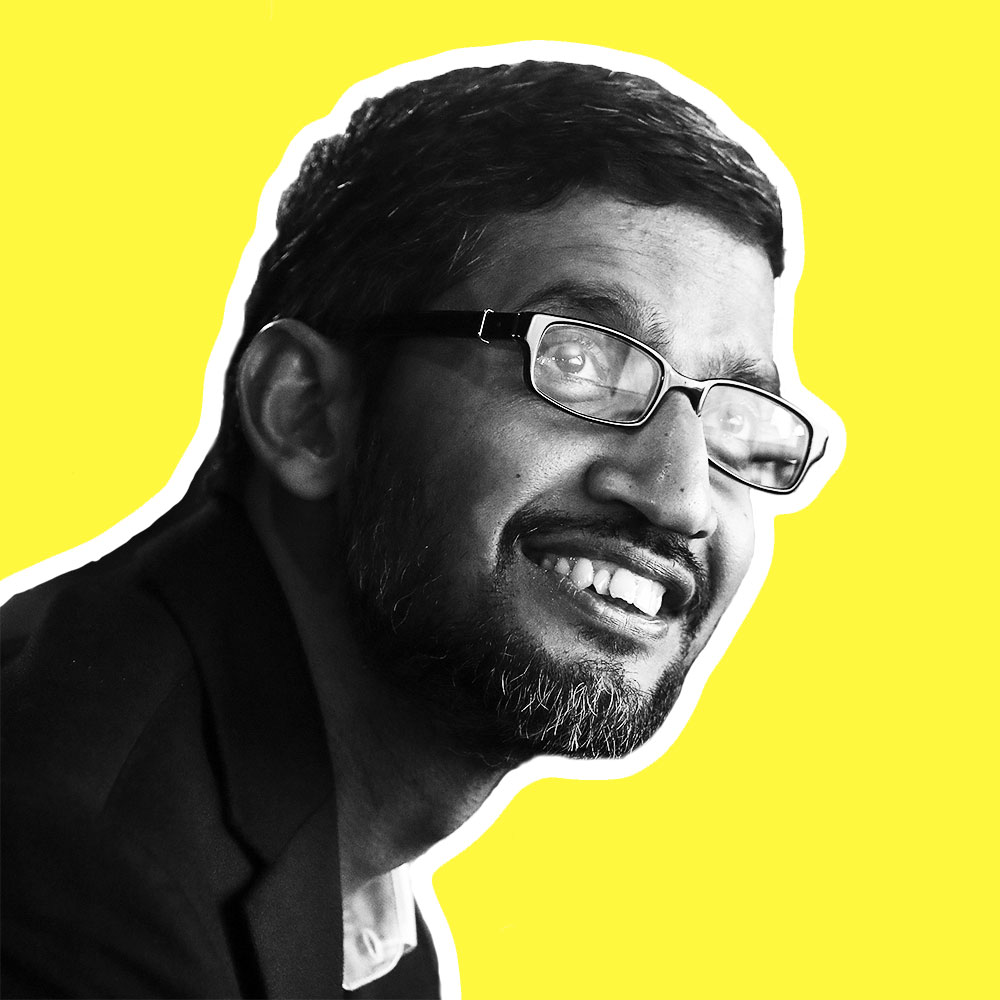
As CEO of the world’s most popular website and search engine, Sundar Pichai has a huge degree of influence from the jump. But his power has only grown as his company and his leadership have been challenged by the rise of online “fake news” seeking to sway public opinion or make a quick buck off unsuspecting readers. How Pichai chooses to deal with these digital misinformation campaigns could have serious consequences not just for Google’s business, but for political outcomes around the world. His position also puts him at the helm of Android and Chrome, which are the most widely used platforms in their respective categories. As such, Google’s approach with these mediums could have broader implications for the way we use everything from phones to smartwatches and computers in the future.
15. Evan Spiegel

A co-founder of Snap, Inc., Spiegel is the uncompromising, secretive force behind Snapchat. As a result, all eyes are on the 26-year-old CEO — not just to deliver on the company’s $24 billion public offering held this year, but also to see where he next takes social media. Whereas services like Facebook and Twitter encourage users to share with as many other people as possible, Snapchat brought privacy and intimacy back into the equation, giving Spiegel cred as a trend-spotter. But Snapchat has powerful enemies, notably Facebook, which has aped many of its most popular features. That poses an existential question for Spiegel: Can he keep innovating fast enough for users — and advertisers — to stick around?
14. Mary Barra
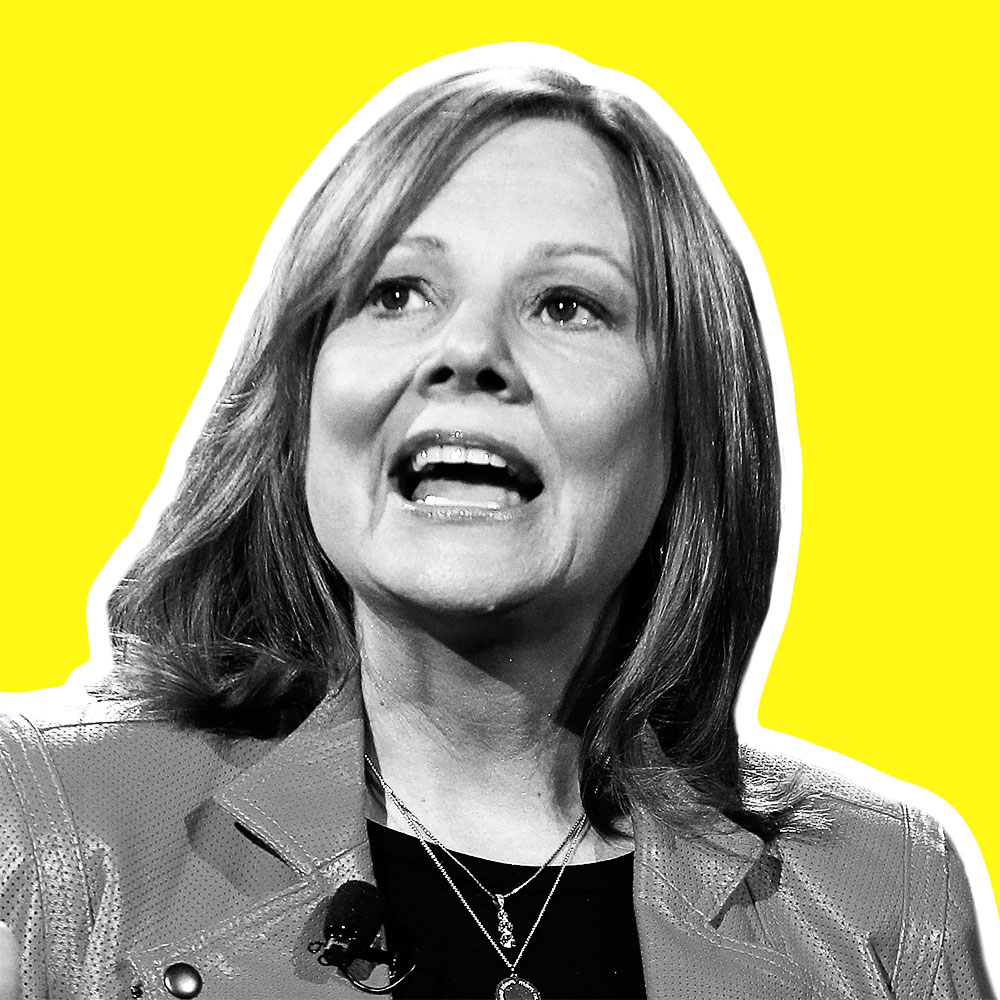
From electric vehicles to autonomous cars, we’re in the midst of a transportation revolution. No company will affect — and be affected — by those changes more than General Motors. As CEO and chairperson of the global automaker, Mary Barra earned her stripes by navigating a 30 million vehicle recall and deadly ignition switch crisis. But it’s where she steers the $48 billion brand next that will matter most. The company’s $581 million purchase of self-driving technology company Cruise Automation, its $500 million investment in ride-hailing service Lyft, and its launch of the Maven car-sharing service show that GM isn’t simply letting the future happen to it. Maybe the cars of the future will be autonomous, but for now, Barra is firmly in the driver’s seat.
13. Satya Nadella
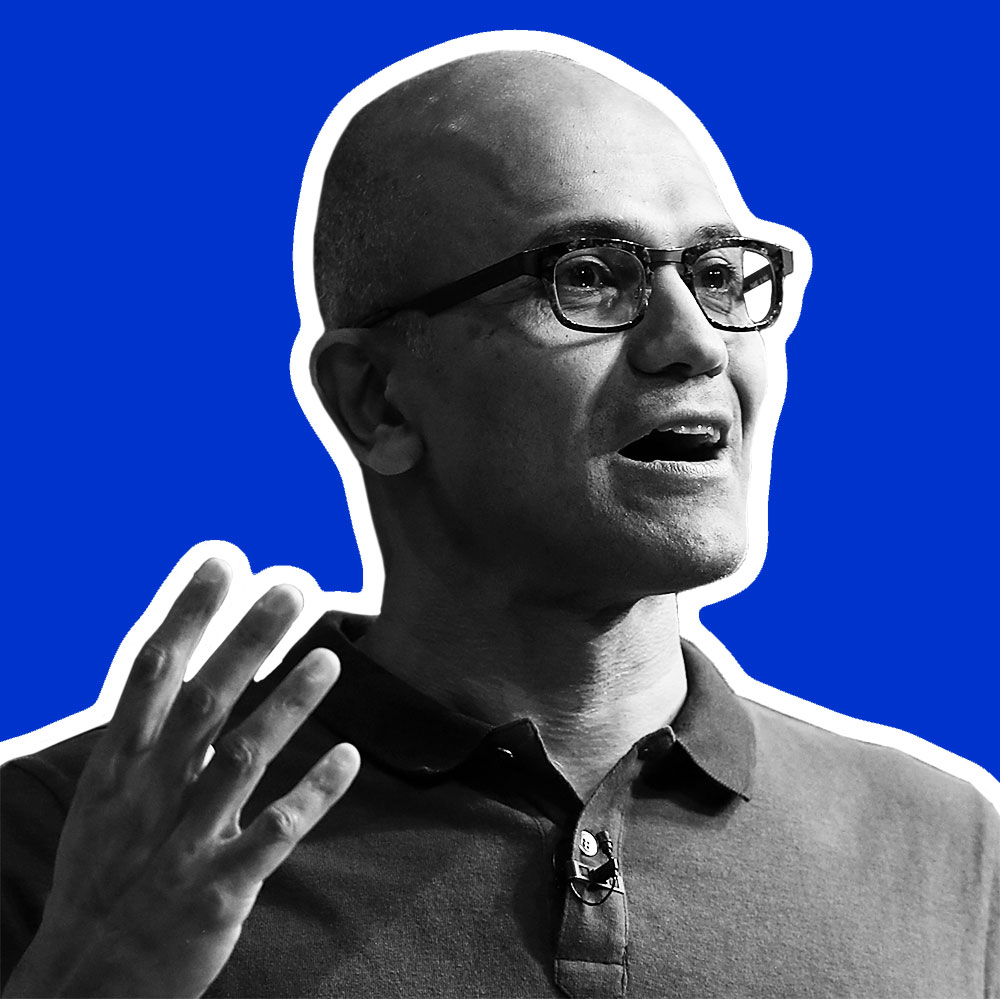
Just a few years ago, it was unthinkable that anyone would describe Microsoft as “cool.” But CEO Satya Nadella has reinvigorated the company’s mojo. Windows 10 is the best Windows in years, while hardware like the Surface Studio has even the most diehard of Apple fanboys salivating, even if they do it secretly. What’s Nadella’s secret? He astutely recognizes that what worked yesterday won’t necessarily keep working tomorrow. Case in point: Nadella recently said Microsoft’s strategy is “not about a device operating system anymore,” a thought that would’ve been labeled as heresy in Redmond just a decade ago.
12. Susan Wojcicki

When YouTube CEO Susan Wojcicki took up the video sharing behemoth in 2014, the company’s female presence stood at 24%; by 2017, it’s risen to nearly 30%. “Employing more women at all levels of a company, from new hires to senior leaders, creates a virtuous cycle,” wrote Wojcicki in a recent Vanity Fair op-ed. As the principal helming the world’s leading video sharing site, Wojcicki’s influence — both on video sharing’s transformational impact and as an employment practices model for other companies — is mighty. She’s also using that position to encourage the new-age celebrities that have built their fortunes on her platform to speak out against urgent issues like violence and racism.
11. Andrew Jassy
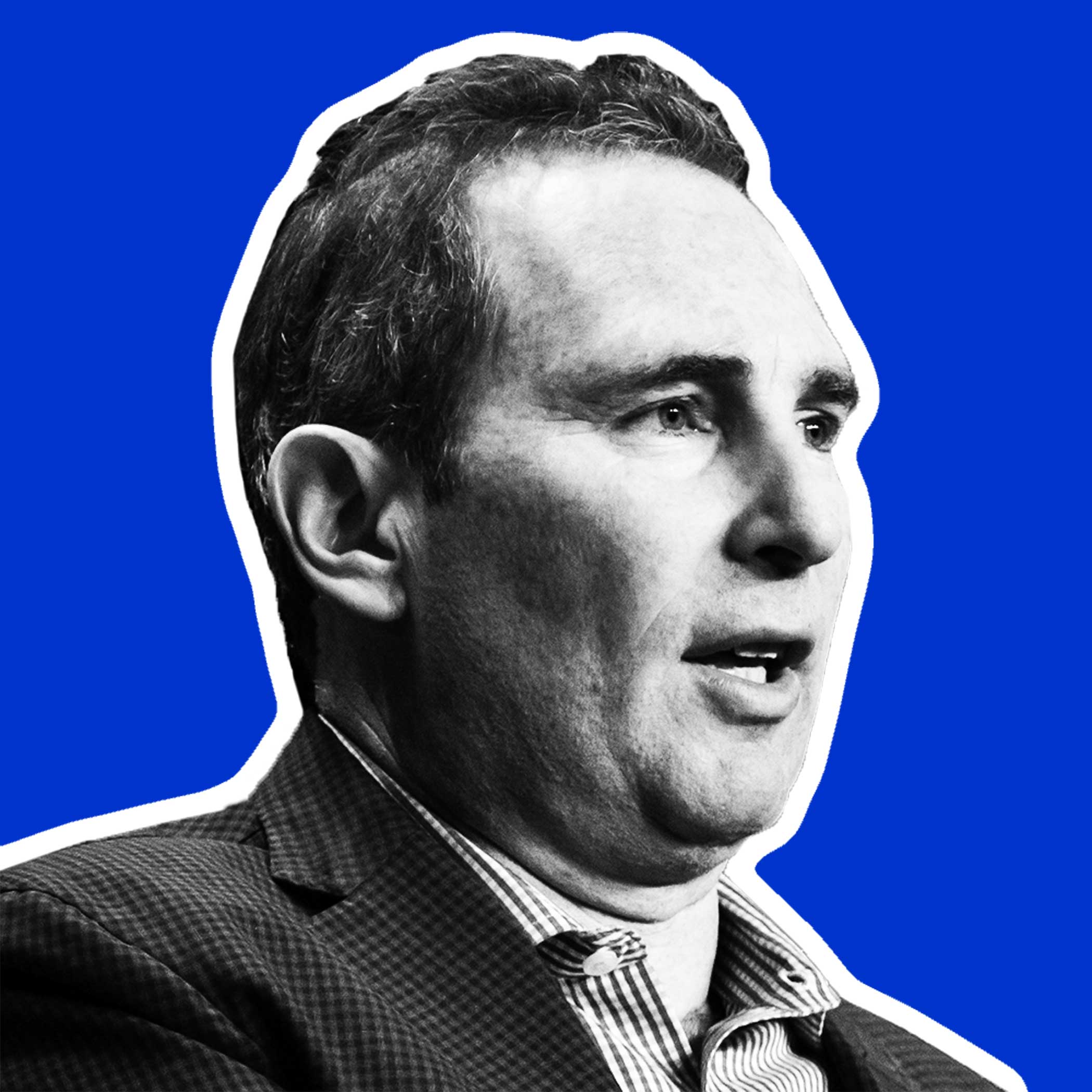
When you load up services like Netflix or Spotify, you’re probably not thinking about the computing power needed to deliver your favorite movies or music. But that’s an essential part of the equation, and both rely on Amazon Web Services, or AWS, to make their respective magic happen. The brainchild of Amazon VP Andrew Jassy, AWS lets companies big and small rent computing power as needed, enabling startups to grow quickly without buying and installing expensive hardware. Over the past 10 years, Jassy has helped turn AWS into a more than $14 billion business by run rate and a source of growth much appreciated by Amazon shareholders.
10. Ajit Pai
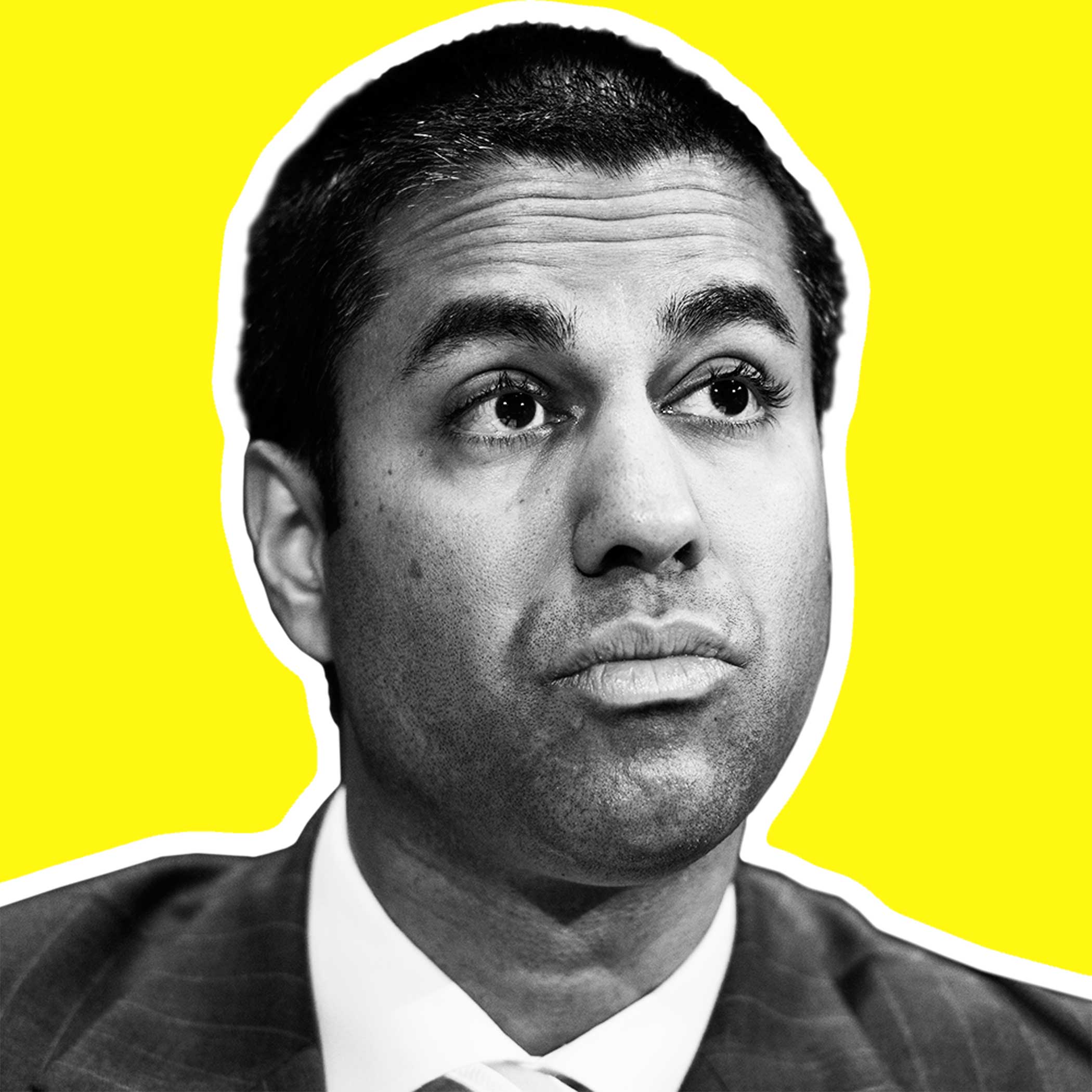
Named a Federal Communications Commission commissioner during the Obama administration in 2011, Ajit Pai currently serves as President Trump’s FCC Chairman. Now, the former Justice Department lawyer is proposing to undo one of the Obama era’s signature regulations: Net neutrality. Put simply, Pai wants to eliminate the rules that prohibit Internet providers like Comcast from slowing, blocking or prioritizing some kinds of web traffic over others. Advocates argue those rules keep the playing field fair, but Pai says excessive regulations have discouraged innovation. It’s a notoriously wonky battle, but the outcome will have big consequences for the tech industry and users alike.
9. Demis Hassabis
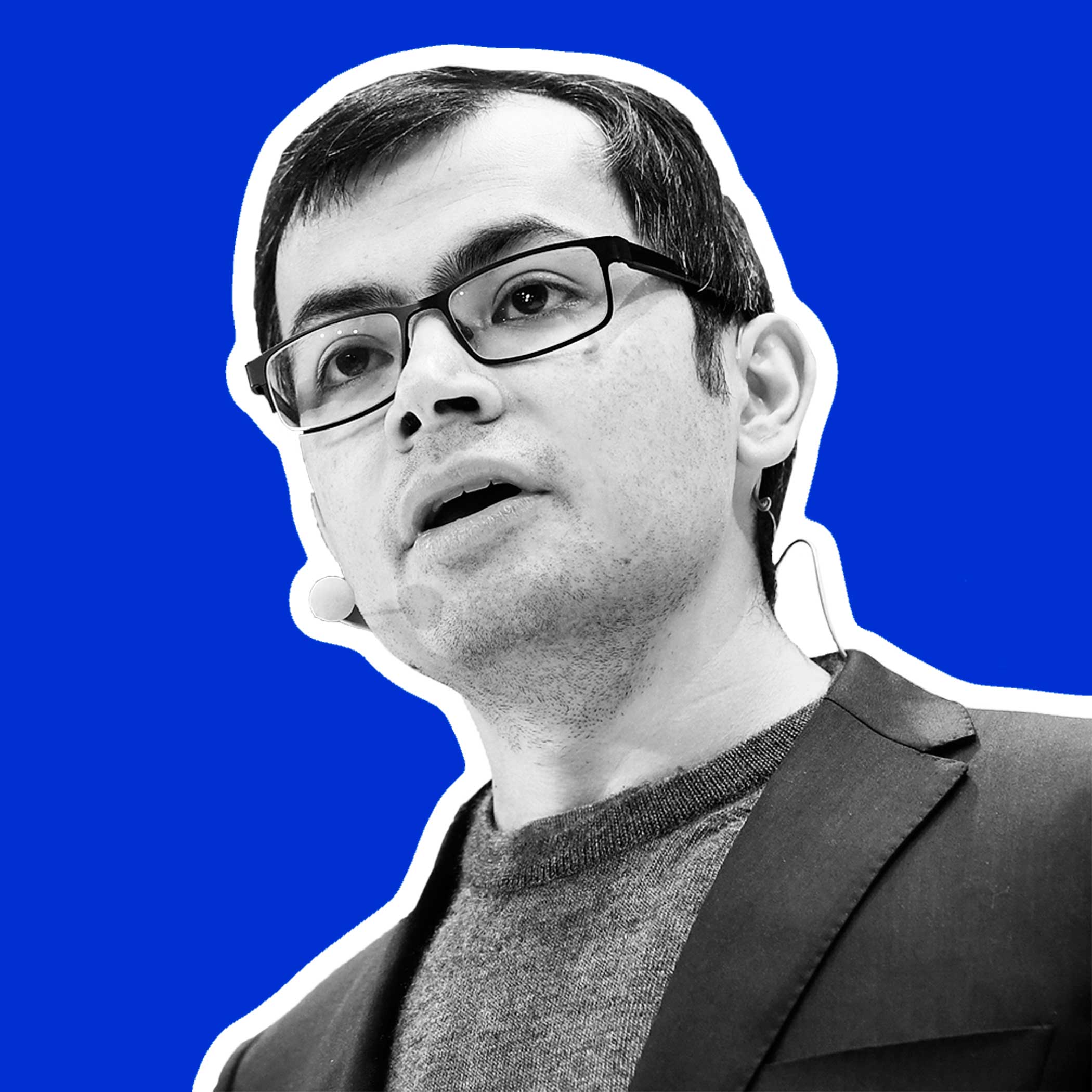
Computing history was made last year, when artificial intelligence software defeated the world’s best human player at Go, an ancient Chinese game. This was no small feat: A single game of Go has more possible moves than the estimated number of atoms in the universe, making it extremely difficult for computers to master. The software, AlphaGo, was created by Demis Hassabis, cofounder and CEO of Google-owned A.I. firm DeepMind. The victory cemented Hassabis’ place at the forefront of research into the most consequential emergent revolution in human history: the creation of advanced, super-intelligent A.I. As such, he’ll be a vital part of the ongoing conversations about the existential risks and rewards artificial intelligence could bring.
8. John Giannandrea

As Google’s head of search, Giannandrea is at the heart of the company’s most important business — and the world’s most popular website. He’s also an artificial intelligence expert who runs Google’s A.I. efforts. His current position puts him at the juncture of search and A.I., a critical nexus for Google as it prepares for a future dominated by digital assistant software like the Google Assistant and voice-powered hardware like the Google Home rather than text-based queries.
7. Travis Kalanick
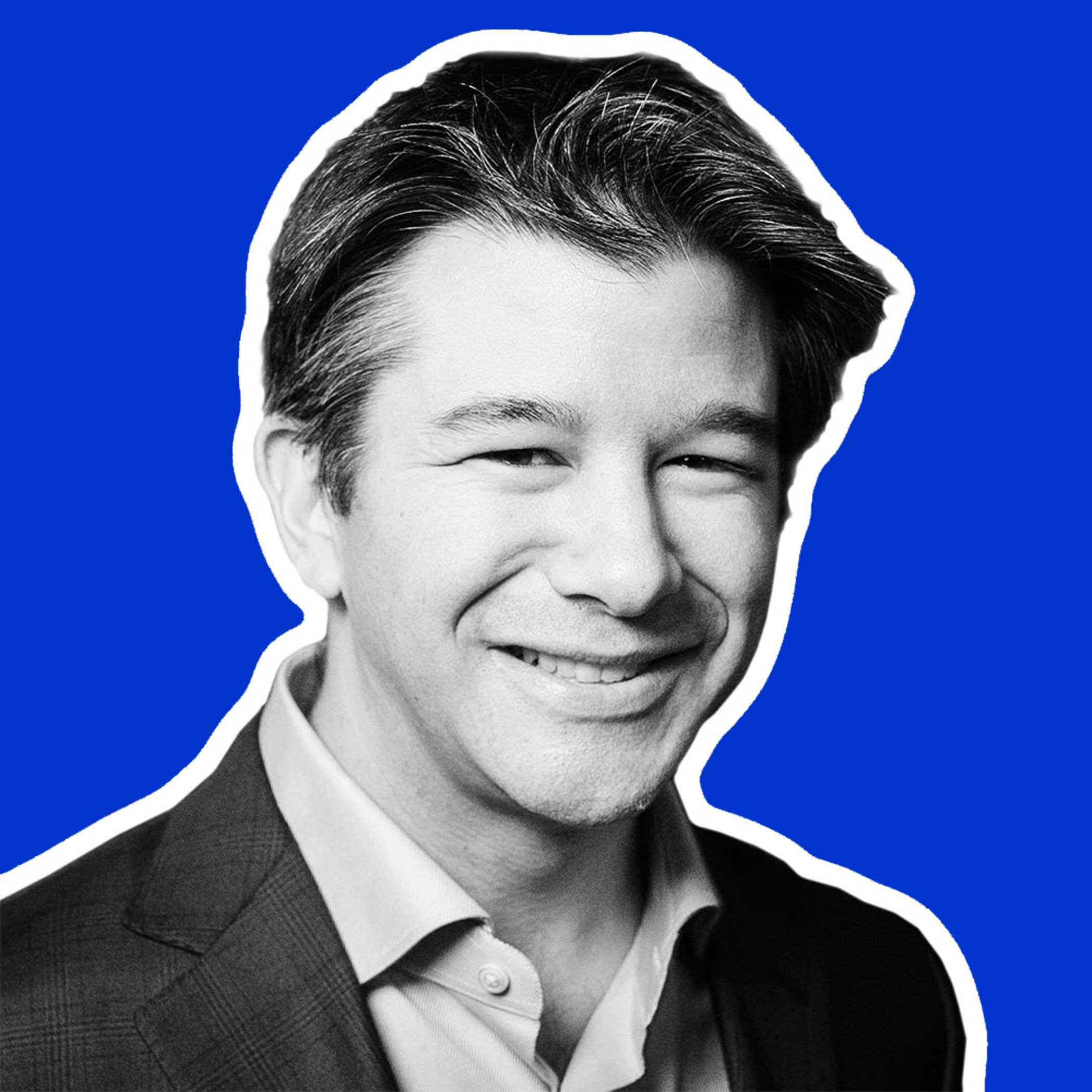
Understanding Travis Kalanick is key to understanding Uber. His win-at-all-costs attitude has helped the ride-hailing company become one of the most highly-valued private startups in the world, with investors pegging it at $70 billion. But it has also meant plenty of trouble, including heated disputes with government officials and drivers, accusations of workplace hostility towards women, and a potentially existential legal battle with Google parent Alphabet, all of which have threatened Uber’s explosive growth. If Kalanick fails to right his ship, it could cost Uber its market dominance — or worse. For his part, the CEO is searching for a right-hand man (or woman) who could help him temper his style as Uber flirts with an initial public offering.
6. Ginni Rometty
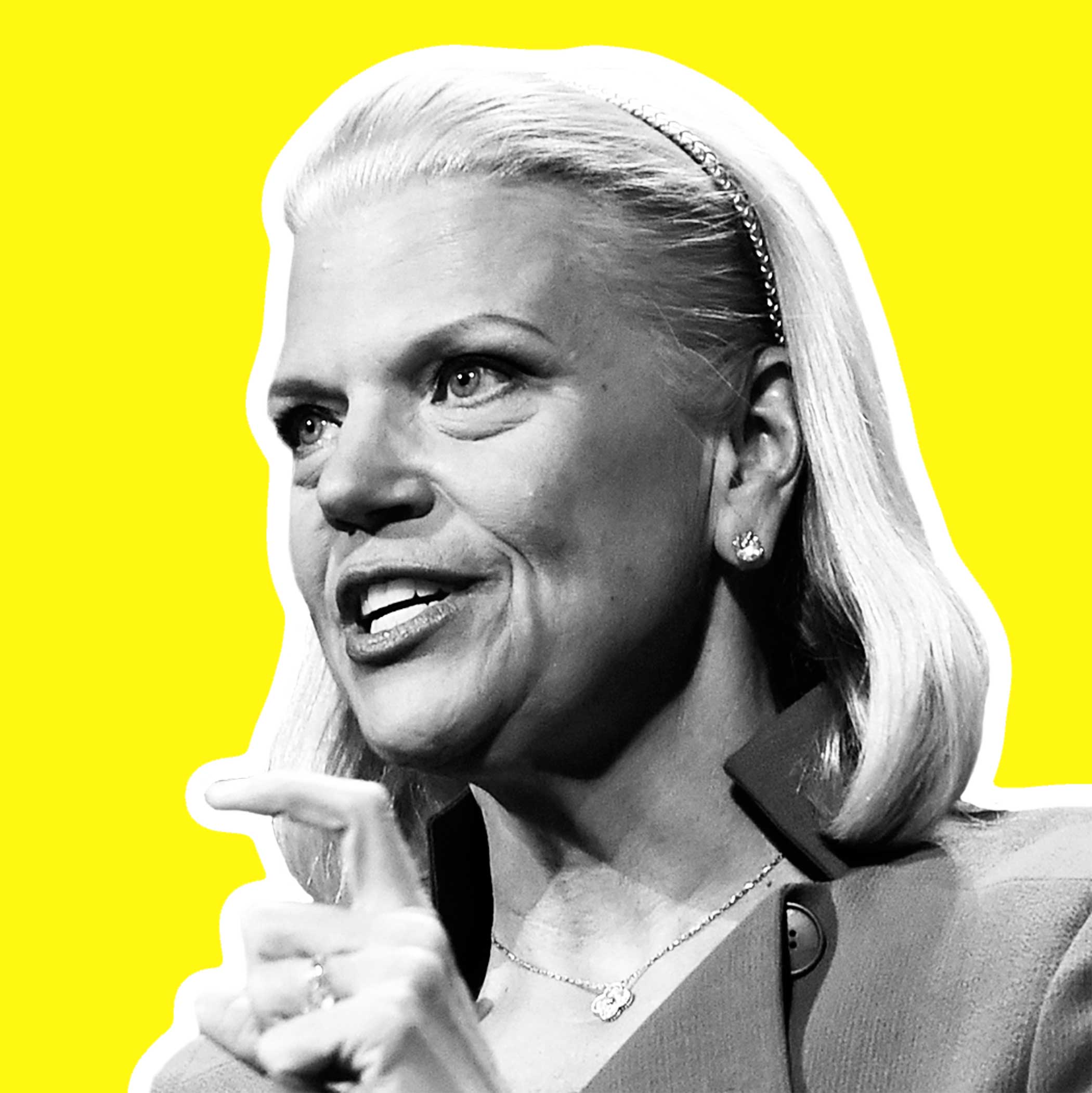
In the five years that Rometty has served as IBM’s CEO, she’s showed no sign of slowing down. Sealing partnerships with nearly every big name in business, Rometty has embedded IBM’s A.I. platform, Watson, in all manner of industries, including healthcare, finance, and retail. But the most important part of Watson’s rise under Rometty that it has given IBM a renewed sense of purpose, serving as the glue that can hold together the company’s diverse holdings, which have swelled to everything from mortgage loan servicing to weather forecasting.
5. Cheng Wei & Jean Liu

Here in the U.S., we’re used to Uber being the top dog when it comes to ride-hailing companies. But even it couldn’t beat Didi Chuxing, a Chinese transportation behemoth created by a merger between two rivals in 2015. After buying Uber’s China operation in 2016, Cheng Wei, Didi’s co-founder and CEO, and Jean Liu, its president, now reside over a ride-hailing empire that’s said to be valued at around $50 billion thanks to a recently raised $5.5 billion funding round.
4. Jeff Williams

CEO Tim Cook may be the public face and chief decision maker at Apple, but Jeff Williams is second in command. An Apple veteran who’s been with the company for nearly 20 years, Williams is often referred to as “Tim Cook’s Tim Cook.” He was named chief operating officer in late 2015, a post previously held by Cook, and has been overseeing Apple’s entire supply chain since 2010, no small task given the complexity of the company’s hardware operations. Williams also oversaw development of the Apple Watch, the company’s first new product category during the Cook era and a sign he’s closely involved with new projects.
3. Anthony Levandowski
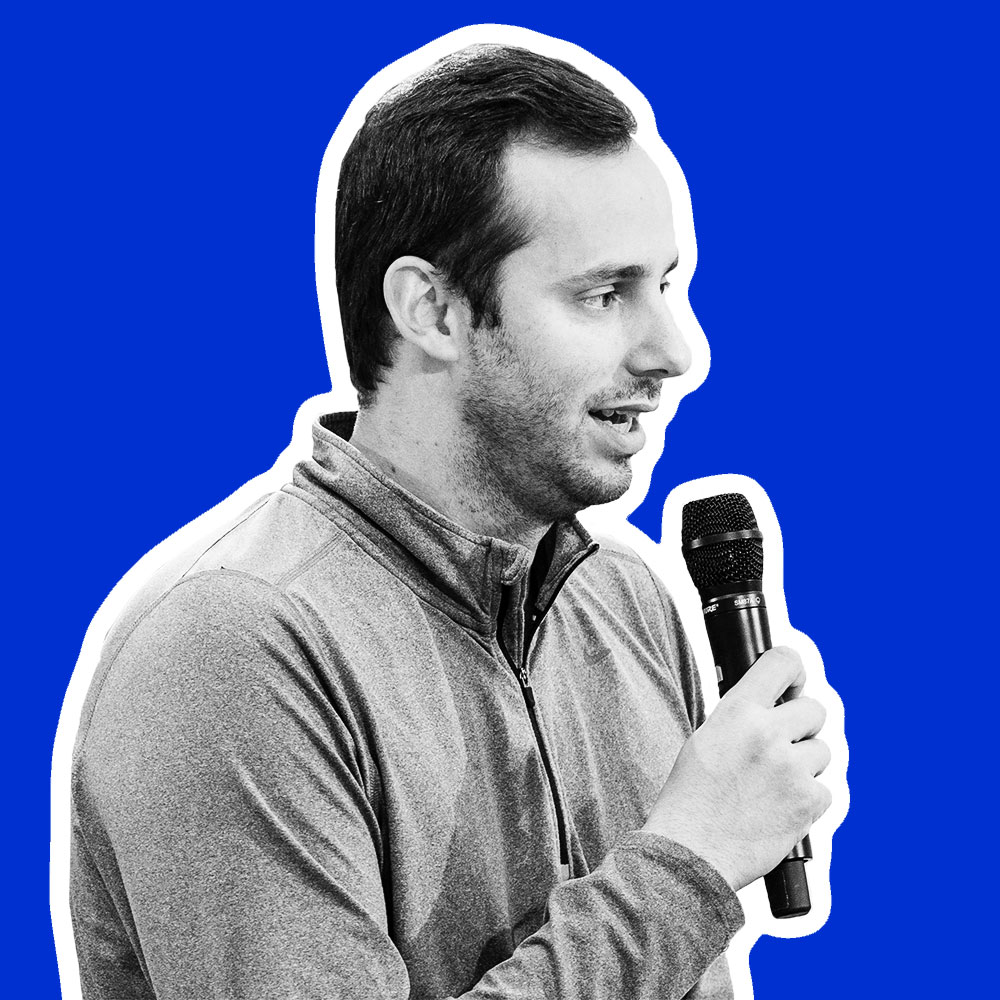
Long before companies like Uber and Google were flaunting their autonomous car technologies, Anthony Levandowski was hard at work building his own driverless motorcycle. Now, Levandowski is a central figure in a high-stakes lawsuit between those two tech titans that could determine the winners and losers of our driverless future. Levandowski, who recently stepped aside from his job running Uber’s self-driving vehicle efforts, previously worked on similar efforts at Google. The search giant now accuses Levandowski of stealing trade secrets and using them to boost Uber’s self-driving projects. The case’s outcome could determine which company will emerge as a leader in what stands to become an extremely lucrative market.
2. Del Harvey

Twitter’s head of Trust & Safety, Harvey has the unenviable task of battling abuse across one of social media’s most controversial, troll-riddled platforms. Her vision for Twitter rolling forward — as a communicative medium that empowers its users to navigate the fine line between criticism and abuse — couldn’t be more important. This rings especially true after the last several years have shown exactly how gruesome Twitter trolls can be. In one high-profile example, Ghostbusters and Saturday Night Live star Leslie Jones nearly quit the platform after receiving a barrage of nasty threats and insults last July. Twitter recently rolled out new features aimed at curbing abuse, such as measures that prevent those who have been kicked off the platform from returning under a new guise. It will be up to Harvey’s team to keep combatting such behavior.
1. Terry Myerson

Windows. Xbox. Surface. Think of a Microsoft product, and Terry Myerson is probably the guy overseeing it. Myerson helped revamp the Windows mobile operating system in 2008 after the iPhone’s release. That experience never reached as large of an audience as Android and iOS, which together power nearly all of the world’s smartphones, but it got Microsoft thinking about the future of computing. Now as head of Windows and Microsoft’s hardware efforts, Myerson is keen to ensure the company doesn’t miss the next big technological breakthrough. His teams are working on new versions of Windows built for virtual and augmented reality, which Microsoft calls “mixed reality.” If successful, he — and Microsoft — could help push these emerging technologies into the mainstream.
More Must-Reads From TIME
- The 100 Most Influential People of 2024
- Coco Gauff Is Playing for Herself Now
- Scenes From Pro-Palestinian Encampments Across U.S. Universities
- 6 Compliments That Land Every Time
- If You're Dating Right Now , You're Brave: Column
- The AI That Could Heal a Divided Internet
- Fallout Is a Brilliant Model for the Future of Video Game Adaptations
- Want Weekly Recs on What to Watch, Read, and More? Sign Up for Worth Your Time
Write to Matt Peckham at matt.peckham@time.com